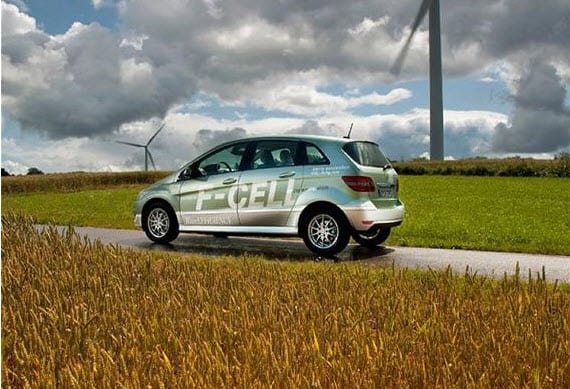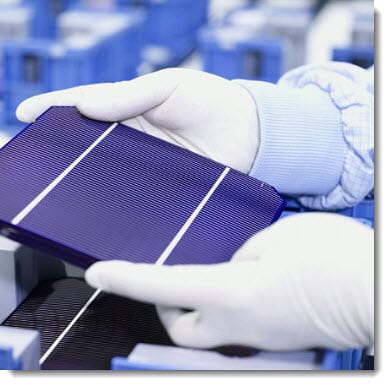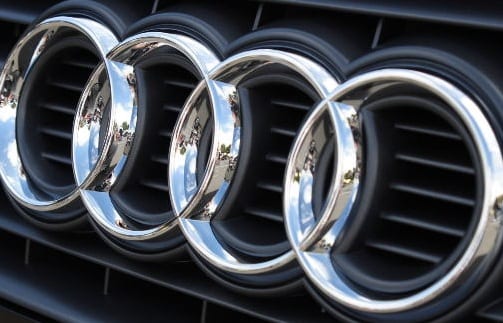
Hydrogen-powered vehicles hit a speed bump
January 31, 2013Mercedes-Benz slows work on hydrogen-powered vehicles
Hydrogen-powered vehicles have been generating a fair deal of hype over the past two years. Most of the world’s major automakers are planning to release hydrogen-powered vehicles at some point in the very near future. That is, of course, unless they encounter significant problems in the development of these vehicles that could derail that timeline. Unfortunately, this is the case with Mercedes-Benz, one of the first automakers that had adopted hydrogen fuel cells for a new generation of its vehicles.
Champion of hydrogen fuel remains oddly quiet in recent months
Mercedes-Benz rose as a champion of hydrogen-powered vehicles in 2010 when it launched a world tour to show off its new fuel cell-equipped vehicles. The automaker, which is owned by Daimler, has been a strong advocate for hydrogen fuel ever since, showing on several occasions the capabilities of hydrogen-powered vehicles. In recently months, however, the automaker has been somewhat reserved in its advocacy for hydrogen transportation.
– This site talks about upcoming Australian hydrogen cars as well as info on all sorts of other cars and how to buy them.
Daimler cancels 2015 launch of hydrogen vehicles
Mercedes-Benz initially had plans to release its hydrogen-powered vehicles by 2015, but the automaker has now slammed on the proverbial brakes. Daimler notes that the technology used in the Mercedes-Benz hydrogen-powered vehicles is sound and certainly ready for mass production, but that the automaker will be unable to price these vehicles competitively. Price is, indeed, an issue that could mean either success or catastrophic failure for hydrogen-powered vehicles. Daimler may have a solution to the problem.
Daimler seeks partnerships with other automakers
Daimler has begun reaching out to Ford and the Renault-Nissan Alliance, hoping to partner with these companies for the benefit of hydrogen transportation. Through a partnership, the automakers would share their fuel cell technology with one another, essentially creating foundational standards that may affect the whole of the auto industry and its use of hydrogen fuel cells. Daimler believes that such a partnership will significantly reduce the cost of hydrogen-powered vehicles, enabling all automakers involved to price their vehicles much more competitively.



 With over 15 years of reporting hydrogen news, we are your premier source for the latest updates and insights in hydrogen and renewable energy.
With over 15 years of reporting hydrogen news, we are your premier source for the latest updates and insights in hydrogen and renewable energy.